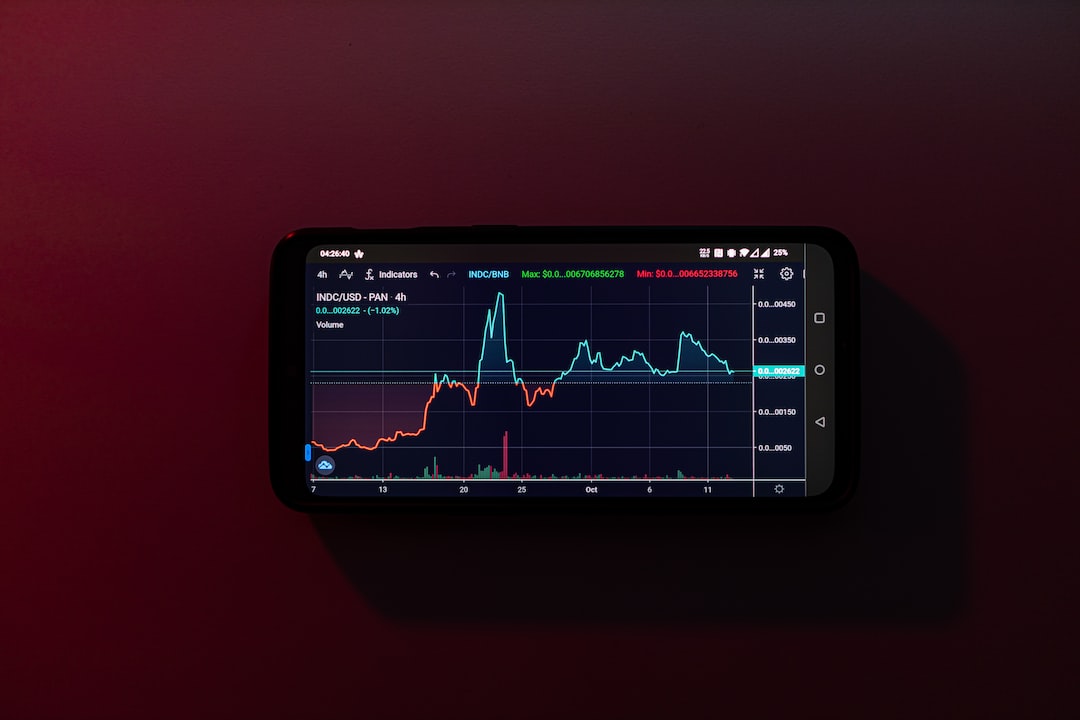Coinbase Fights Back Against SEC, Citing Ripple Case
Coinbase, a cryptocurrency exchange, is pushing back against the Securities and Exchange Commission (SEC) by using the recent Ripple Labs case as a reason to dismiss the agency’s case. Coinbase argues that the SEC’s attempt to classify a simple asset sale as a security is unprecedented and cites a judge’s recent decision in the Ripple case to support their argument.
Key points:
– Coinbase believes that the SEC’s charges are based solely on blind, bid-ask, spot exchange transactions, which were ruled as not investment contracts in the Ripple case.
– The judge’s decision in the Ripple case was considered a win for the crypto industry but was criticized by another judge in a separate case involving the SEC and Terraform Labs.
– Coinbase invokes the major questions doctrine, which requires clear congressional authorization for an agency to decide on an issue of major national significance.
– The major questions doctrine has two parts: assessing the impact on the nation’s economy or the public and determining if the agency has explicit authority for new regulations.
– Coinbase argues that the regulation of secondary markets for trading digital assets qualifies as extraordinary and that the digital asset industry, worth around $1 trillion, is a significant portion of the American economy.
Hot Take:
Coinbase is using the recent Ripple case as a strong precedent to challenge the SEC’s classification of asset sales as securities. By invoking the major questions doctrine and emphasizing the economic significance of the crypto industry, Coinbase aims to undermine the SEC’s authority and protect its business operations. This case could have significant implications for the regulation of cryptocurrencies in the United States.





 By
By
 By
By

 By
By
 By
By